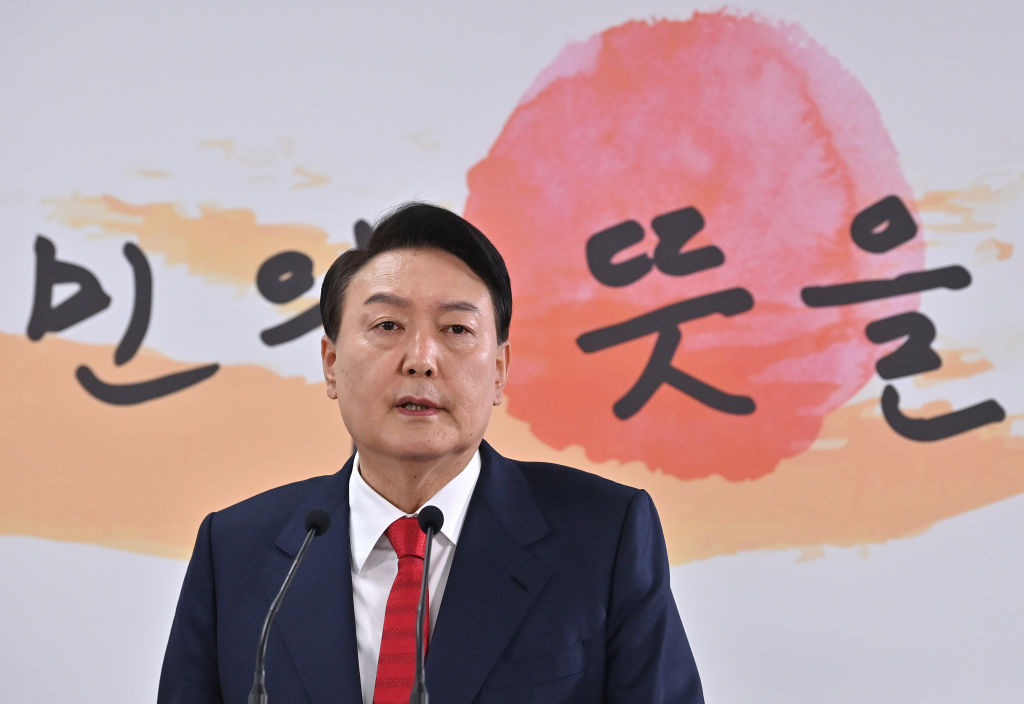
Iowa Democratic Party Chairman Troy Price, under immense pressure following the state's presidential caucus debacle, said Friday that an independent review will determine what caused the problems that led to a dayslong delay in reporting the results, inconsistencies in the numbers and no clear winner.
“We will be undergoing an independent, forensic review,” Price told reporters Friday in Des Moines. “What went right? What went wrong? Start to finish.”
But almost nothing went right Monday night, first when an app local Democratic volunteers were to use to report the results from almost 1,700 precincts failed, and then when a massive backlog of phone reports and inquiries followed. It brought the reporting of the results of the leadoff presidential nominating contest to a standstill.
It took until Thursday for the state party, which operates the series of statewide political meetings, to issue what it said are complete results.
Get top local stories in Philly delivered to you every morning. >Sign up for NBC Philadelphia's News Headlines newsletter.
In those figures, former South Bend, Indiana, Mayor Pete Buttigieg leads Vermont Sen. Bernie Sanders by two state delegate equivalents out of 2,152 counted. That is a margin of 0.09 percentage points.
NBC News has not called a winner in the first contest of the 2020 Democratic nominating campaign based on the available information. According to a review by the NBC News Decision Desk, the Iowa Democratic caucus results released by the state party are rife with potential errors and inconsistencies that could affect the outcome of the election.
Price also announced he was extending until Monday the deadline for presidential candidates to request a review of the results of the Iowa presidential caucuses and was allowing campaigns to submit their own data for comparison by noon Saturday. The original date for presidential candidates to request a review of the results was midday Friday.
U.S. & World
Stories that affect your life across the U.S. and around the world.
Nonetheless, Price said the state party would be allocating the national delegates won in Monday's contest over the weekend.
Price also revealed, when asked by reporters, that he had not tested the app himself. “I did not, but our team did,” he said.
The breakdown in Iowa also exposed a rift between the state party and the Democratic National Committee, whose chairman, Tom Perez, asked the Iowa party to conduct a recanvass.
However, by party rules, only the candidates are allowed to request such a process.
Buttigieg campaign spokesman Chris Meagher told the AP in a text message that the campaign would not be requesting a recanvass of the Iowa results. Sanders' campaign officials did not immediately reply to a request for comment on a recanvass.
Buttigieg leaves Iowa with at least a tie for the most delegates to the party’s national convention, regardless of which candidate eventually wins the Iowa Democratic caucuses. That's because his support was more consistent across the state than Sanders'. For example, Buttigieg won the most state delegate equivalents in three of Iowa’s four congressional districts. Sanders came in first in the other congressional district.
Buttigieg has won 13 national delegates in Iowa while Bernie Sanders has won 12, with one final delegate left undecided, according to the AP's delegate count. The last delegate will go to the winner, meaning Buttigieg can do no worse than finish in a tie for the lead as the race for the party’s nomination for president moves on to New Hampshire.
The Iowa Democratic Party will eventually determine which candidate wins the final national delegate, though the state party’s decision could be challenged at the Democratic National Convention this summer.
Following Buttigieg and Sanders, Elizabeth Warren got eight delegates, Joe Biden got six and Amy Klobuchar got one.



